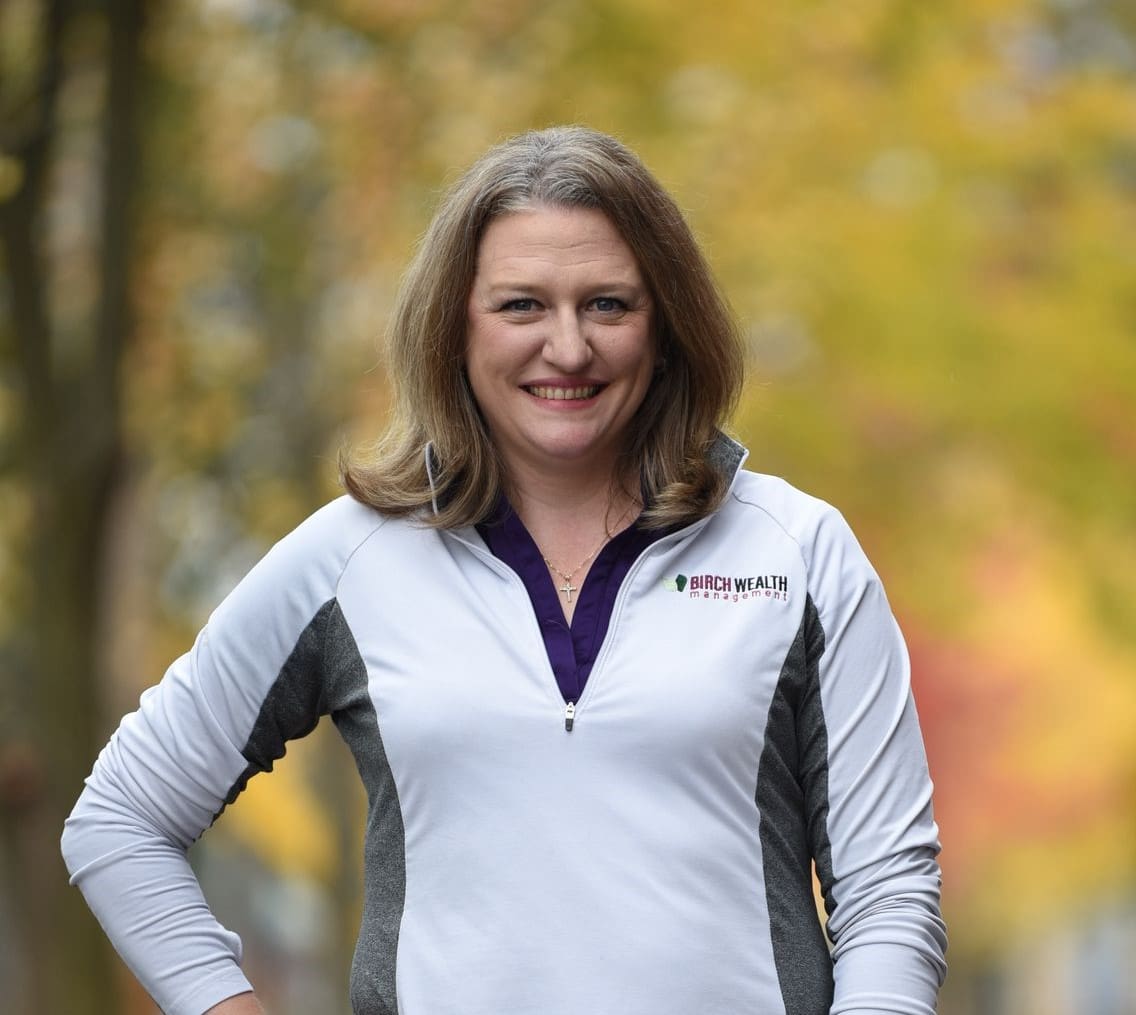By Jason Klaiber
Looking back on decades of work in psychiatry, predominantly in the branch dedicated to children and adolescents, Dr. Wanda Fremont traces her interest in her specified field back to a long-held fascination in the biopsychosocial model.
Originally a general practitioner, Fremont had patients come in with headaches and pain in places like the neck, belly and lower back, but X-ray examinations would oftentimes reveal that nothing was physically amiss. Such results were followed by sitdowns with the patients to talk about aggravations in their lives and medical workups that indicated their physical complaints were manifesting from psychological stress.
Fremont later directed her focus to what she called a “great need”: helping children in the Syracuse area facing mental health challenges, believing they deserved to be listened to at the crucial stages before adulthood.
After working in direct, multi-disciplinary clinical care for a forerunner to insurance company Excellus during the 1990s, she was recruited in 2001 to become a full-time faculty member at Upstate Medical University, where she had been voluntarily teaching in the department of psychiatry.
At Upstate, she restarted the child psychiatry fellowship program, and she has stayed to become a full professor while taking on administrative duties, contributing to program development and wearing several other hats, such as chief of child psychiatry and vice chair as well as training director and medical director for her discipline’s outpatient clinic. In addition, she has taught family medicine residents at St. Joseph’s Health, and she operated a face-to-face private practice that she kept going for 25 years.
As part of her role on the executive steering committee for the New York State virtual program Project TEACH, Fremont collaborates with and provides consultation to primary care clinicians, pediatricians and family practice doctors, with Upstate stepping in as one of seven involved institutions by way of phone line support and weekly Zoom meetings.
“We’re trying to put our energy into educating the primary care docs and helping them with the difficult cases of kids they see,” Fremont said.
Started in 2010, that statewide program also has sessions for maternal mental health treatment in order to evaluate the troubles of pregnant and postpartum moms and address how their feelings could affect their infants.
On the side, Fremont also serves as a consultant psychiatrist for Elmcrest Children’s Center, a guidance agency for at-risk, developmentally disabled, socially and emotionally disordered, and neglected children with complex trauma. She has lent assistance to its mission for 15 years now, usually on a routine of two half-day visits a week.
According to Fremont, that location on Salt Springs Road by Le Moyne College is opening a Therapeutic Crisis Respite Program (TCRP), which will be an opportunity for “intensive, shorter-term” treatment lasting about four weeks that precedes admittance to an inpatient unit.
Gone are Fremont’s days of seeing individual adults for appointments, but she said her attention to treating patients in the age range of newborn to 18 years old has always incorporated talks with the parents, other older family members and school district representatives within that context.
“You can’t treat a child in a vacuum,” Fremont said, adding that the choice to specialize in child and adolescent psychiatry requires precursory training in the realm of adult care.
On the heels of child and adolescent mental health being declared a national emergency last year by the American Academy of Pediatrics, the American Academy of Child and Adolescent Psychiatry and the Children’s Hospital Association, Fremont is joining the effort to combat a shortage of treatment facilities, a lack of available beds, waiting lists that stay stagnant for up to six months, and the disparity between the demand for services and the amount of licensed child psychiatrists.
Along with those common sights, she points to a record number of kids that are presenting to emergency rooms and a statistic that one out of five children and adolescents is in need of mental health care.
That’s why the Upstate Foundation is looking to bring in funders and philanthropic investment for a $3 million campaign to increase clinical capacity, boost access to service providers and back issue-preventative work for families.
For the public charity’s initiative—pursued in conjunction with Upstate Medical University, Upstate Golisano Children’s Hospital and Upstate’s department of psychiatry—there is an emphasis on engaging stakeholders “at all levels,” including local government officials and heads of community organizations.
As planned currently, the fundraising campaign will benefit Elmcrest while creating levels of care aside from in-between places to board children and adolescents waiting for room to open up in the psychiatric ward. The money raised will also go toward building up a program to train child nurse practitioners, an eating disorder treatment program, an opioid clinic, and a dual diagnosis program, Fremont said.
Through her career, Fremont has delved into issues of babies’ attachment to their mothers, the treatment of disorders like early bipolar, the subject of disruptive behaviors in grade schools, and, as some make their way through high school, substance abuse.
Though she acknowledges the strides made in telepsychiatry at the height of COVID, Fremont said that the pandemic left not only a medical footprint but also a mental one. For kids, there were the ramifications, especially with regard to basic development, of being kept away from the school environments they were used to for an extended period of time and the lessened socializing that came with quarantine, Fremont said.
But the numbers were already rising before COVID, she clarifies, noting that the number of adolescent suicides had doubled between the years 2010 and 2017. She also attributes mental anguish to certain family dynamics and the trickle-down effect of other nationwide problems having to do with such concerns as the economy and race relations.
“Kids are like sponges—they pick all of our societal woes up,” Fremont said.
She also sees the effects of social media and the proliferation of cell phones among younger crowds as stressors.
“Now there’s no end to bullying because it continues on the phone,” she said. “You don’t just come home at 3 p.m. after school and the bullying ends. It can be midnight and you can be bullied even though you’re not at school.”
She said social media platforms have a tendency to showcase the uninterrupted highlights of others’ lives or a distortion of reality, thereby perpetuating stereotypes of what girls and boys should act or look like and causing drops in self-esteem when comparisons are made with the profile pages on a timeline.
On the brighter side, Fremont said the stigma attached to mental health is slowly eroding, in part due to the heightened presence of therapists on school grounds and the underscoring of self-care in the workplace.
However, along with suggestions to buck up and notions that such problems are “all in one’s head,” she said there are still insurance companies that don’t treat mental health issues the same way they treat physical ailments and injuries.
“If you have your appendix out or break an arm, insurance will cover for it, but if you have anxiety, some will cover five visits maybe depending on the policy,” Fremont said. “There’s huge discrimination with health insurance policies.”
She said measures can be taken on one’s own time to work on bettering their mental health through meditation and exercise, but she said professional help from a therapist is akin to personal training as long as overmedication is avoided. The fine-tuning resulting from therapy can come from relaying self-soothing skills to those with trauma and coping skills to someone on the verge of a meltdown, she said.
“The therapist helps you to put words to your feelings and understand where they’re coming from so that you don’t act out on them,” Fremont said.
When it comes to giving back and embracing her passion as a psychiatrist, Fremont said she finds a rewarding and humbling aspect in witnessing the “resiliency” and smiles of the kids she treats.





